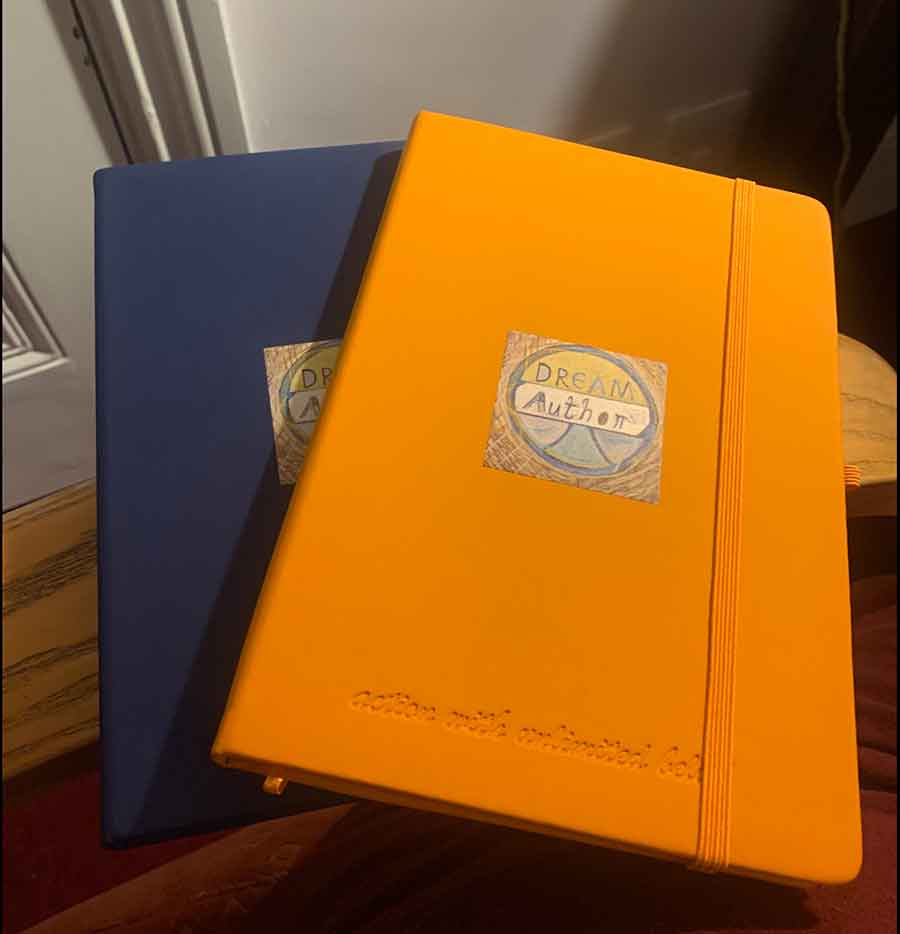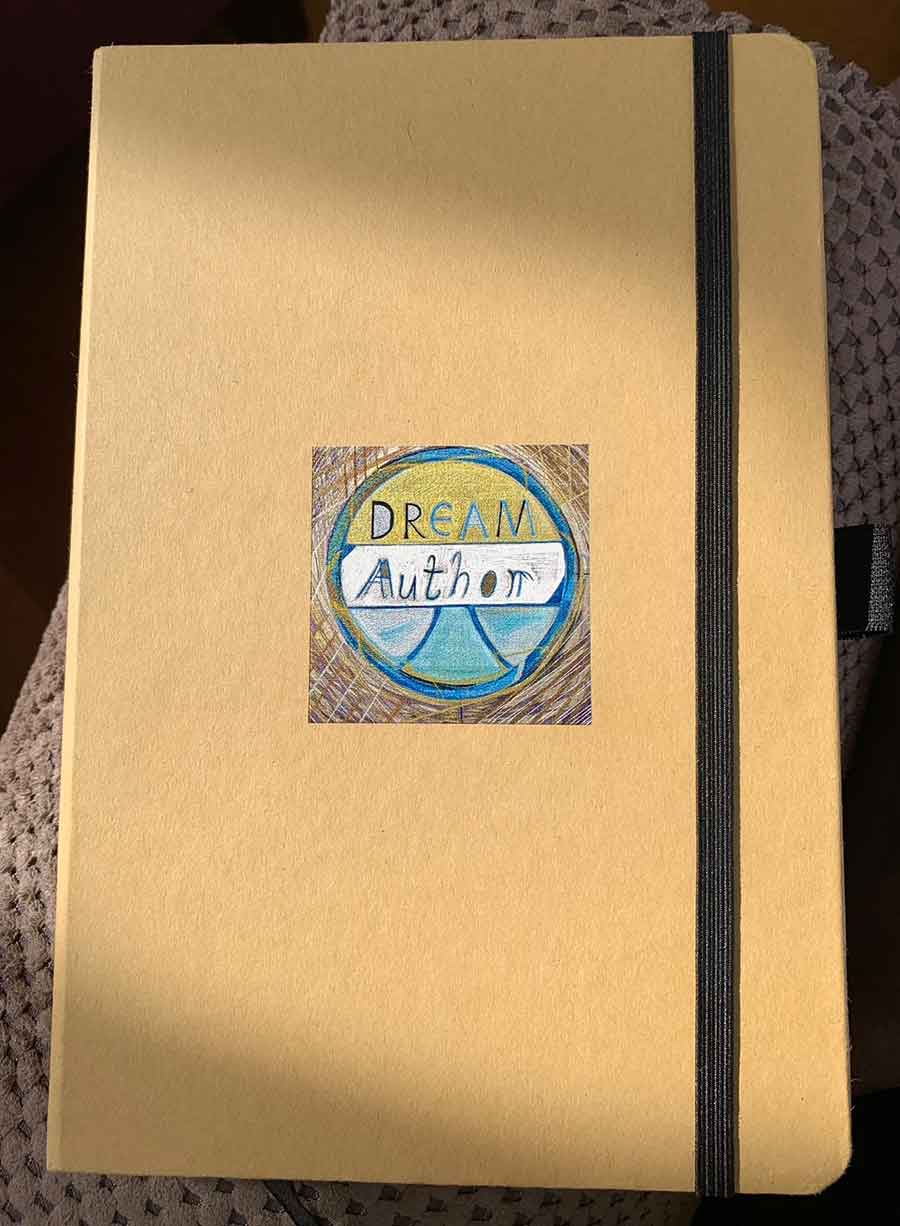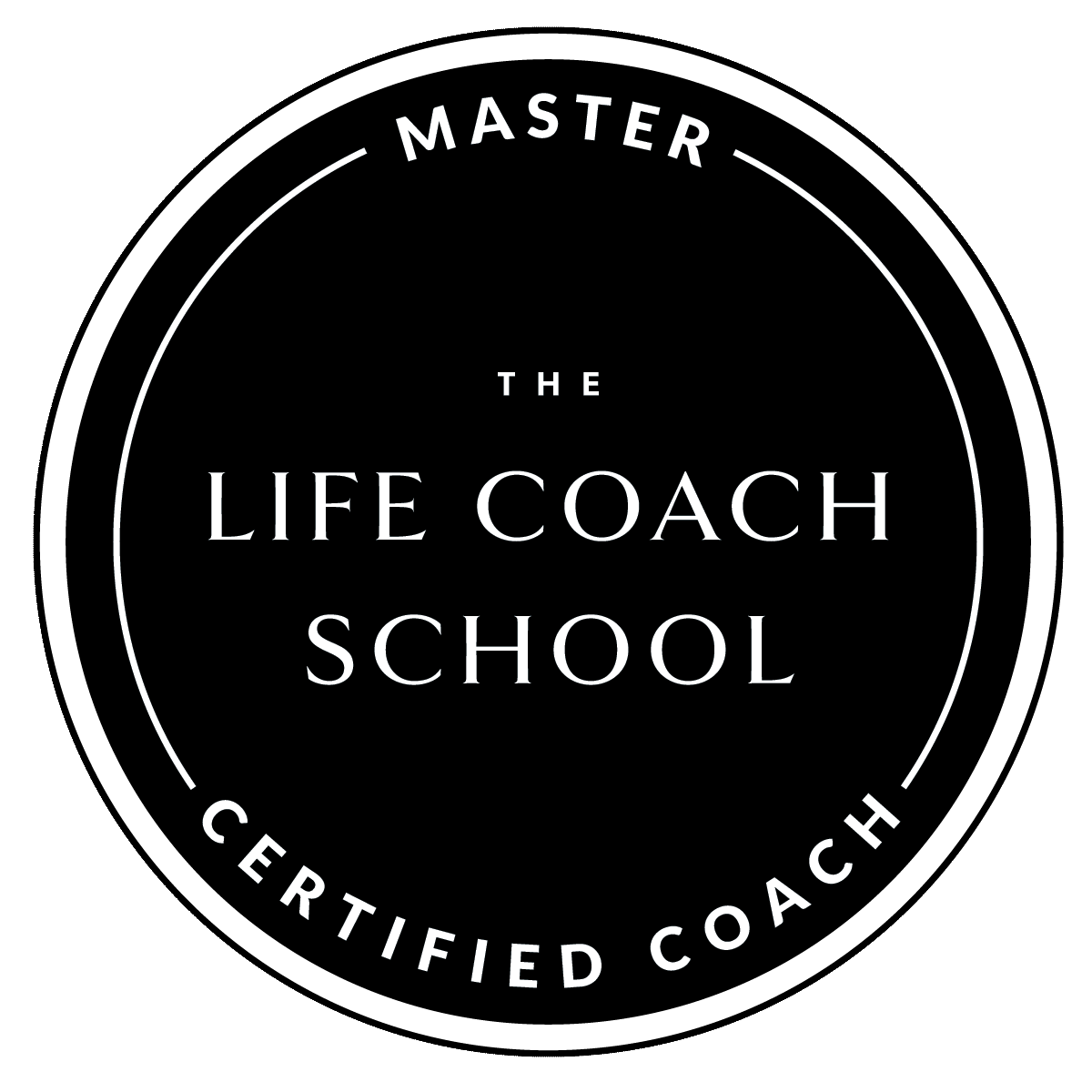Join Dream Author
Sign up now to start taking active steps towards making your writing dreams come true!
Membership Fee: £600 for the full fourteen months, or the equivalent in your local currency
Your Dream Author membership fee will be taken in two instalments of £300 (or the equivalent in your local currency), so enrol now, pay your first instalment and we’ll sign you up! The second half of your membership fee will be charged to your card six months after you join.
Dream Author Terms and Conditions
1) You agree to pay the full membership fee in two instalments.
2) You understand that the programme fee is per person, for your sole use, and that all Dream Author content is copyrighted. You agree not to share these materials with any other person, or otherwise redistribute them, without written permission to do so from a representative of Dream Author Coaching Ltd.
3) You understand that the Dream Author website might periodically be limited, modified or suspended, and that no financial compensation will be payable to you should this happen.
4) You understand that the downloading and use of Dream Author materials and content is undertaken at your own discretion and risk, and that Dream Author Coaching Ltd is not responsible for any results or for any claims including, without limitation, any damages to your computer system that results from downloading content from the Dream Author website.
5) You understand that the Dream Author membership community is a social network in which personal information may be exchanged between participants. You are entirely responsible for deciding how much of your personal information you wish to share in the community. Dream Author Coaching Ltd will not share, sell, or rent the personal information of its members to third-party businesses, however, we cannot guarantee the confidentiality of any of the information you choose to share in the community. By taking part in this Community, you agree to keep members’ information confidential.
6) Children are not eligible to use our services unsupervised and we ask that children (under the age of 18) do not submit any personal information to us. If you are a minor, you can use this service only in conjunction with permission and guidance from your parents or guardians.
“Sophie is a fabulous coach. She is positive, proactive and insightful. She combines brilliant mentoring skills with strong knowledge of the writing industry. When I asked her for help, I was feeling stuck. Four of my writing projects seemed to be blocked by external factors. Within three days, Sophie had completely cleared one of these blocks and suggested great solutions to all the others. Most importantly, I felt truly she cared about me and my writing…a rare quality in one so successful. Wherever you are in your writing life, I am certain Sophie will go out of her way to support you in your ‘Dream Author’ journey.”
Susannah White
Frequently Asked Questions
What is the key benefit of this programme to a writer?
By the end of the programme, you will know exactly how to manage your thought habits, emotions and behaviour in order to make you massively more likely to achieve your writing goals and feel great on the way to doing so. And if it takes a long time to reach those goals, you will learn how to feel not merely okay about that but positively great. Most writers, however successful, never learn this skill — and so, if they suddenly experience a setback (let’s say their books stop selling and their publisher dumps them) they feel rejected and paralysed and don’t know what to do next. They imagine that the answer to the question ‘Help! What do I do now?’ might be something like ‘Find a new publisher who does want me.’ Temporarily, that might work and make them feel better — but then what happens when the next setback strikes? Do you try again to find new people to make you feel better?
That isn’t the answer. The true, permanent and always-effective solution is to learn how to manage what goes on inside your own brain, because that’s what creates your reality and enhances your results. Once you become your own best ally and advocate, you’ll be able to decide what to do about any problem — writer’s block, lack of time, overwhelm — and you’ll know that you have a rock-solid and always-wise advisor who will never let you down: you. That best ally and mentor to yourself is who Dream Author will teach you to be.
Will all the interactions be online? Will there be a forum that we would need to be part of? Is the coaching online/ Skype, and is it targeted for individuals or does it address key topics in a more general way for the participants?
The weekly webinars will be online, on the Dream Author website, and you’ll access most of the material (workbooks, webinar, podcasts, Mini Missions, extras) online.
The programme can be divided into learning and coaching. The Mini Missions, the workbooks, the podcast…these all fall into the learning category. Some will be exercises that you’re invited to do, and some will be things that you can read or listen to, and mull over, that invite no further action from you apart from thinking about what you’ve heard/read.
The other part of the programme is the coaching, and there are two components to this: the weekly webinar (video) and the Ask Sophie page (exchange of emails). If you want individual, targeted coaching on your particular issue, you’ll be able to get it in either or both of these two ways. And you will also be able to benefit from the group coaching aspect of the programme as follows: let’s say you ask for coaching on a specific question via the webinar. You then join the next webinar and Sophie addresses your individual issue, and so you get the help you wanted with that. Then, if you stay in the webinar for the full hour (or watch the video of it later — all webinars will be posted on the website so that people can watch as and when it suits them) you will hear Sophie coach on perhaps five or six other people’s issues and that will be immensely useful to you as well, because you will for sure hear something that helps you in the discussions you hear Sophie having with other writers.
The Ask Sophie coaching works in a similar way. You can enter your question into the box provided and Sophie will answer and coach you on your issue there, and you will also be able to look at the many and varied issues other writers have raised (with all identifying details removed, of course), and Sophie’s answers to those, and benefit from everything you learn there too. The Dream Author programme has been designed to ensure that all participants can get the full value of both individual and group coaching at the same time.
What sort of ‘work’ would I be doing as part of this programme?
The work (which you would do whenever was convenient for you) would be: doing the exercises from the Mini Missions and the workbooks; listening to the podcast episodes; attending/watching the webinars. You will be doing the work for you, to suit your life and learning pattern, not to fit in with any deadline created by Dream Author.
Some people do the Mini Mission exercises weekly and send in their answers. Some never send in anything. Either option is fine by us! There is no right way to approach the Dream Author material. If you’d prefer to keep your work private that’s absolutely fine, and it’s equally fine if you’d like to send us your exercises and receive feedback.
What sort of time commitment should I factor in, to benefit from the programme?
Whatever works best for you! You can find a fuller answer to this question in the How to Make Dream Author Work for You section towards the bottom of this page.
What are the key areas/ topics covered?
In Dream Author, you will learn everything you need to know about the relationship between your writing itself and your writing dreams on the one hand, and what happens to your writing (books, agents, contracts, sales, reviews) in the outside world on the other. You will also learn that how you think and feel about about every aspect of your writing life is crucial when it comes to achieving your goals. Once you learn to manage your own brain and create the reality you want to live in, you will then be able to ensure that you’re not believing thoughts that are false, limiting and disempowering. This work will massively increase your chances of success and long-lasting happiness in relation to your writing.
Will you edit my book if I join 'Dream Author'?
I won’t be able to read manuscripts and edit them. I will, however, be able to resond to editorial-related queries such as ‘I’ve written a romance novel in which a woman falls in love with a handsome osteopath, and now my editor is insisting I turn it into a western in which a new sheriff comes to town and shoots all the baddies. Should I do this, or is he being silly?’ Here are some examples of the sort of book-specific advice I can and will offer via Ask Sophie and the weekly webinar:
Q: I’m working on an idea for my fifth novel, and the story seems to want me to use two points of view: one in first person, and one in third. I’ve done this before, with my third book, which hasn’t been picked up yet by a publisher, so I’m not confident that it’s a good idea – and I can’t immediately think of another author who, or a novel which does this. What do you think?
A: Well, I personally think that sounds like a great way to narrate a novel! I’m biased because it’s how the majority of my contemporary crime novels are structured: odd-numbered chapters from victim-of-crime’s point of view, in first person present tense, and then even-numbered chapters from police point of view in third person past tense. Also, Clare Mackintosh’s ‘I Let You Go’ is narrated in this exact same way and it was a massive bestseller. So, I think it’s a brilliant approach and often works really well. When I sent out my first novel to agents/editors, some of them said they didn’t like the mix of narrative perspectives, but they were the wrong people for my book. The right agent and editor for my book were the ones who shared my belief that that narrative approach worked.
If it feels right and best for the story to be told in that way, then you should listen to your instincts.
Q: I am writing a novel about siblings and have 5 voices narrating their version of the story in diary style entries. Some speak for half a page, some for longer. Are 5 too many? I keep thinking that one voice would perhaps be more engaging for the reader, continuity-wise. I am half way in so it would probably not be too much fun to re-write and the idea was to present different perspectives. Having said that, I would rather people read it than be ‘true’ to the original idea. Please let me know what you think.
A: First of all, there is no reason at all why you shouldn’t have five different voices. Many excellent novels do have multiple narrators. The best example I can think of offhand is Seven Types of Ambiguity by Elliot Perlman – an absolutely stunning novel that has seven narrators. The key thing is whether the novel is in its ideal form, with the story being told in the ideal way. For some books that will mean multiple narrators, and for others it will mean only one. I can think of novels that have too many narrators for their stories and would have been much better with just one. In one case (the worst offender I can think of!) the many different narrators seemed only to add confusion and dilute the focus. Some were main characters while others were minor characters, yet all were given exactly equal narration rights, which made the book feel disjointed, and meant that no proper narrative momentum could build.
If your novel contains five siblings, all of whom have perhaps experienced the same childhood but experienced it differently, then to divide the book into five and give them each a section, or sections, to narrate sounds as if it might work well. With structural issues like this, the most important thing is that it should be clear and simple for the reader. So: five protagonists, five narrative voices – that’s clear and simple. I would strongly recommend having eg ‘ANDREA’ (or whatever the first narrator’s name is) at the very beginning of the first section, which will immediately say to readers ‘Andrea will not be the only narrator’. In my next book, the whole story is narrated by Beth, so I don’t have ‘BETH’ at the top of chapter 1 because it’s fine if the reader assumes Beth will be our only narrator – because she will! So if you put ANDREA right up front, you’re clearly signalling to your reader that other narrators will follow.
Some excellent reasons for having multiple narrators are:
a) the same events are told from 5 different points of view, and with each new narrator’s version a new layer is added to the story
b) it’s a very linear narrative, moving from A to B to C to D to E, and the narration takes the form of a sort of story-telling relay race, with each narrator taking over for a different part of the story so that the narrative doesn’t feel too one-dimensional/claustrophobic and so that we get to know the characters better as the story unfolds.
Both of these approaches can be very satisfying. Another thing I’d recommend for a story with multiple narrators is making sure the links between their narrations are strong. So, let’s say the first narrator is Andrea and the second is Bob. If, at the beginning of Bob’s narration (with a big ‘BOB’ at the top, of course!), he refers immediately to some of the characters or incidents that we’ve already met in Andrea’s narration, we will feel reassured and think, ‘Okay, this is fine: a different narrator but definitely the same world/story.’ Stories almost always benefit from strong continuity and a sense of forward narrative momentum, but with variation within that. So five different characters taking the same story strongly forward can work brilliantly!!
Will I get a qualification at the end of the programme?
Yes! You will be a graduate of the Dream Author programme. You’ll be invited to an in-person Dream Author graduation event, with the first of these taking place in November 2021 in either London or Cambridge. You will have a chance to graduate at the first of these events that happens after you have completed the programme. Also, when you’re coming to the end of your fourteen months in Dream Author, we will offer you the chance to join our advanced Dream Author Experience programme and then the Life Membership. Most of our original members who joined in April 2019 have now joined our advanced Dream Author Experience programme. Once you get a taste of Dream Author, you might not want to live without it!
Will dream Dream Author teach me how to improve my writing?
Yes, it certainly will…but not in the way that a traditional writing course would. Dream Author will transform the way you think and feel about your writing, and that will change your writing more than you can imagine.
Contact Me
If your question isn’t answered in the FAQs above, please email kate@dreamauthorcoaching.com
Your Free Notebook...
Would you like one of our beautiful Dream Author notebooks, completely free with your membership? (Of course you would!)
Email your postal address to kate@dreamauthorcoaching.com with ‘DA Notebook’ in the subject line, and we will send you a beautiful Dream Author notebook. Yes, even if you live outside the UK!


Your Biggest Challenge
What’s the biggest challenge you’re facing right now in your writing life?
Email me and let me know what problems you’d like me to help you resolve:
Your Free Notebook
Would you like one of our beautiful Dream Author notebooks, completely free with your membership? (Of course you would!)
Once you’ve joined, we’ll ask you to send us your address so that we can post one out to you!


Your Biggest Challenge
What’s the biggest challenge you’re facing right now in your writing life?
Email me and let me know what problems you’d like me to help you resolve:
sophie@dreamauthorcoaching.com

“Lots of agents — even brilliant, lovely ones — will say ‘X doesn’t work’, just because X hasn’t worked yet. This doesn’t mean they’re not a great agent! All it means is that they’re thinking in the way most people think, and using the past as a basis for imagining the future. It means that you can be the one who thinks from the future, and all its possibilities. You get to be the person who says, ‘Actually, the world does want exciting, new things, even if it’s scared of them at first, and it only takes one success of type X to make everyone want X.’ That’s the truth, and it’s also an argument based on hope, and growth rather than fear and stagnation. When you say it with confidence, and really mean it because you know it to be true, people will listen. Deep down, no one really wants to believe their own fear-thoughts.”